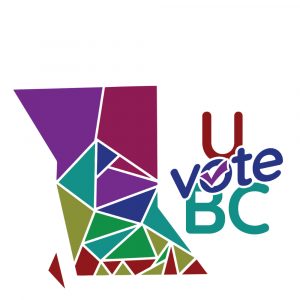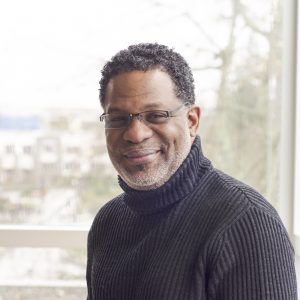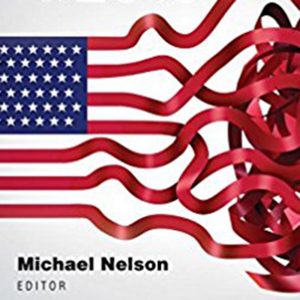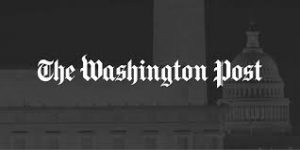Canadians oppose emerging surveillance technologies says research by Prof. Carey Doberstein
Up-and-coming surveillance technologies designed to help employers monitor the productivity of staff are largely viewed by the public as unreasonable and intrusive, according to new UBC research by Carey Doberstein
Professor Emeritus Richard Johnston talks new Conservative leader Erin O’Toole with The New York Times
All of the accusations have damaged [Trudeau’s] credibility, said Richard Johnston, a recently retired professor of political science at the University of British Columbia. But, he added, “there’s no smoking gun.”
Welcome to Postdoctoral fellow Simon Lambek
UBC Political Science is excited to welcome Dr. Simon Lambek as a Post-Doctoral Fellow. Simon will be completing his post-doc under the supervision of Dr. Mark Warren.
Distinguished Speaker Event: Erik Voeten Nov. 15, 2019
Professor Erik Voeten from Georgetown University gave a talk titled: Public Opposition to Human Rights Adjudication in National and European Courts on November 15, 2019 as the Distinguished Speaker Guest to the Department of Political Science.
NEW Referendum Resource by POLI 308D
With a website, podcast, quizzes, an abundance of information and media fact-checking, the student creators behind UVoteBC have designed an innovative and unbiased resource on the 2018 BC Referendum.
Christopher S. Parker: It’s NOT the economy, dumbass; It’s all about race
Christopher S. Parker, Professor of Political Science at University of Washington, Seattle gave a talk titled It’s NOT the economy, dumbass; It’s all about race on January 29th.
Professor Cesi Cruz recieves Best Conference Paper Award from APSA
A paper by Professor Cesi Cruz, with two co-authors, entitled “Village Social Network Structures and Electoral Competition,” has won APSA’s Political Network Section’s Best Conference Paper Award!
Professor Richard Johnston receives Mildred A. Schwartz Lifetime Achievement Award
Professor Richard Johnston has been named the winner of the Mildred A. Schwartz Lifetime Achievement Award from the Canadian Politics Section of American Political Science Association (APSA). The Mildred A. Schwartz Lifetime Achievement Award recognizes scholarship and leadership in bringing the study of Canadian Politics to the international political science community.
Paul Quirk’s chapter on “Donald Trump and the Question of Fitness.”
Paul Quirk, Professor and Phil Lind Chair in US Politics and Representation, is one of many notable scholars who have contributed to a new book, The Elections of 2016, edited by Michael Nelson. This volume was published only five months after the US Presidential election, bringing much needed analysis and insight.
New Washington Post Articles – Professor Paul Quirk, PhD Candidate Eric Merkley
Professor Paul Quirk and PhD Candidate Eric Merkley recently published articles in The Washington Post.









